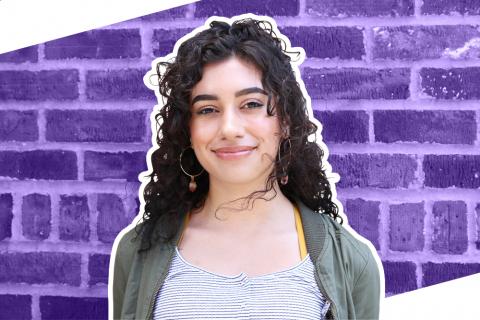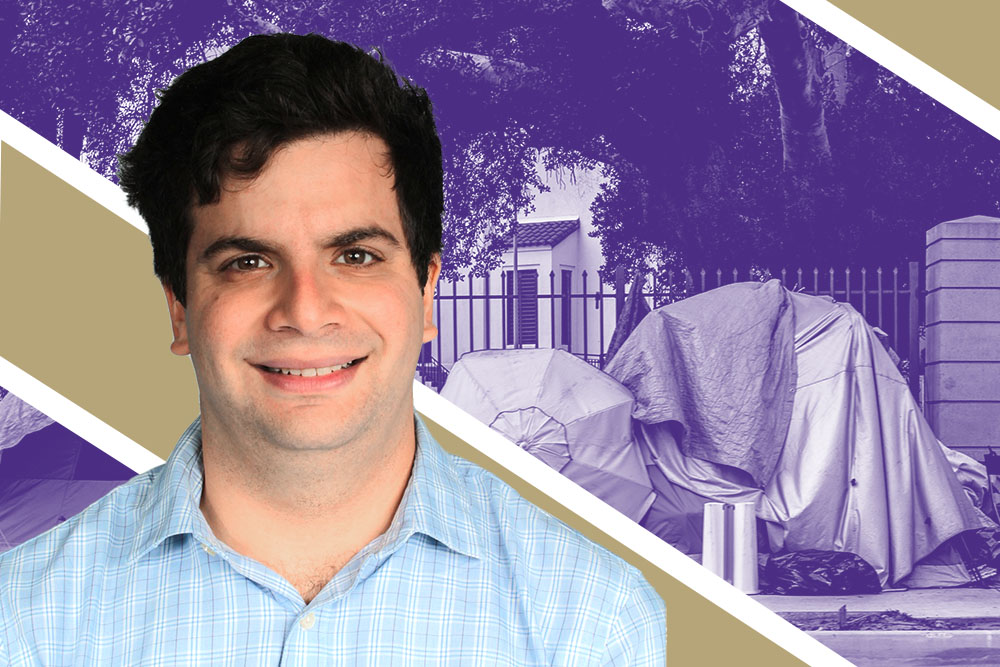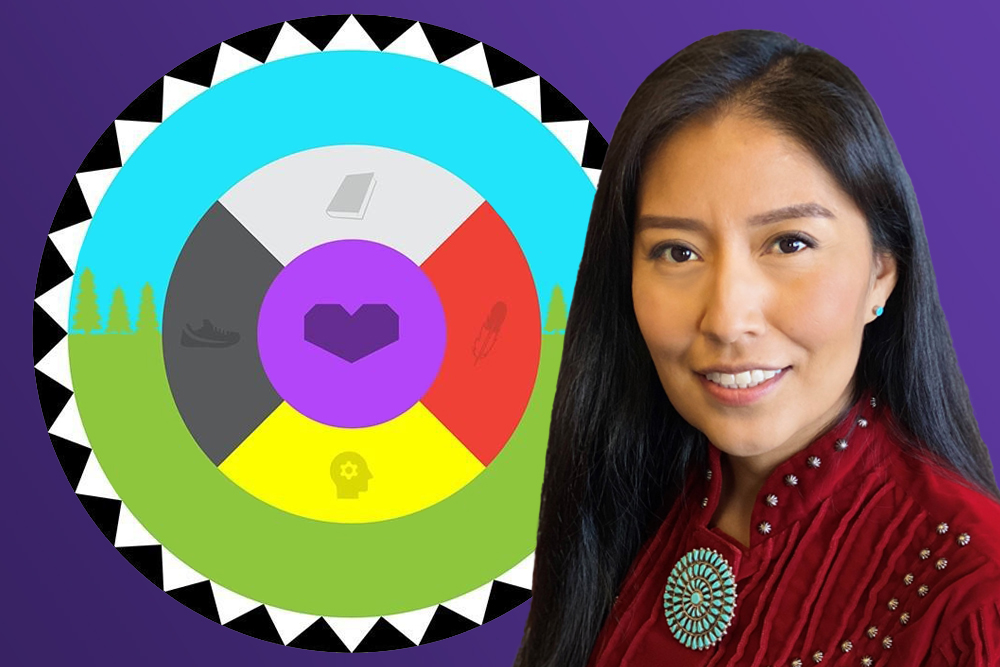
Student stipend recipient Anavey Skenandore.
In 2018, Anevay Skenandore was working as a homelessness outreach specialist with the Seattle Indian Health Board.
She found herself becoming frustrated with her job. “Any time I began to make progress with a client, I would be undermined by structural barriers. I hoped that getting an MPH would allow me to address and change those barriers,” she said.
Anevay was accepted into the MPH program at the University of Washington. She is an Indigenous person whose family comes from the Oneida and Lakota tribes, and she was interested in working within her own community. Her studies soon revealed that while explorations of the social determinants of health (SDOH) have long been applied to public health policies on a global scale, traditional models often do not reflect the realities, priorities, and values of Indigenous peoples, and often fail to fully capture Indigenous ways of knowing.
“While Indigenous communities are resilient, they are living with a legacy of colonization and genocide, as well as a history steeped in forced assimilation practices, geographic displacement, school abuses, religious suppressions and more,” Anevay explained. “All of this contributes to environments in which disease inequalities are rampant. We’ve been tracking this for a long time, and the pandemic only reinforced the health disparities Native peoples are experiencing.”
“Existing SDOH frameworks often position Indigenous communities in a deficit compared to non-Indigenous communities, and center poor health as a consequence of the failure to meet socioeconomic standards rather than a complex web of structural, political, and cultural contexts.” Anevay said.
While earning her MPH, Anevay secured an internship with Seven Directions, a Seattle based nonprofit committed to improving health outcomes for Indigenous peoples across the Northwest and Alaska. For her capstone project, she evaluated SDOH programs, which seek to incorporate Indigenous-centered participatory research into Indigenous-specific, SDOH frameworks (ISDOH). To help accomplish this, Anevay received a stipend from the Northwest Center for Public Health Practice, which provides financial support for students working on a variety of public health projects across the Pacific Northwest.
“One noticeable difference between Seven Directions’ ISDOH approach and traditional SDOH occurs around storytelling,” Anevay said. “Storytelling is a traditional Indigenous method that connects communities, provides historical contexts and reflects cultural values. Seven Directions is utilizing talking circles and listening sessions as educational and cultural tools to motivate Native people toward healthier behaviors.”
After a thorough literature review, Anevay helped develop an evaluation tool that contrasted traditional, Western SDOH approaches with the ISDOH project’s theory of change. She then created a feedback form and gathered information from participants in Gathering Grounds, a series of community-based meetings with Indigenous health leaders. After analyzing the data she collected, Anevay was able to address several gaps in the Gathering Grounds sessions, and subsequently proposed a series of recommendations to improve the ISDOH’s training modules.
Anevay completed her MPH in 2023. She’s hopeful that her work can inform and shape the ways that ISDOH are measured and implemented at Seven Directions and other Indigenous health organizations. She cites the NWCPHP’s stipend as having a huge impact on her project.
“Poverty has been a barrier throughout my life, and the impact of the stipend on my ability to focus on this area was immense,” Anevay explained. “The stipend allowed me to not worry about paying my bills and give my full attention to this project. I’m so incredibly grateful to have received this opportunity, and will never forget its impact on me as an Indigenous student at the University of Washington.”
The Northwest Center for Public Health Practice continues to provide ongoing funding for students involved in various public health projects. Learn more about past projects or to apply directly for a stipend.


